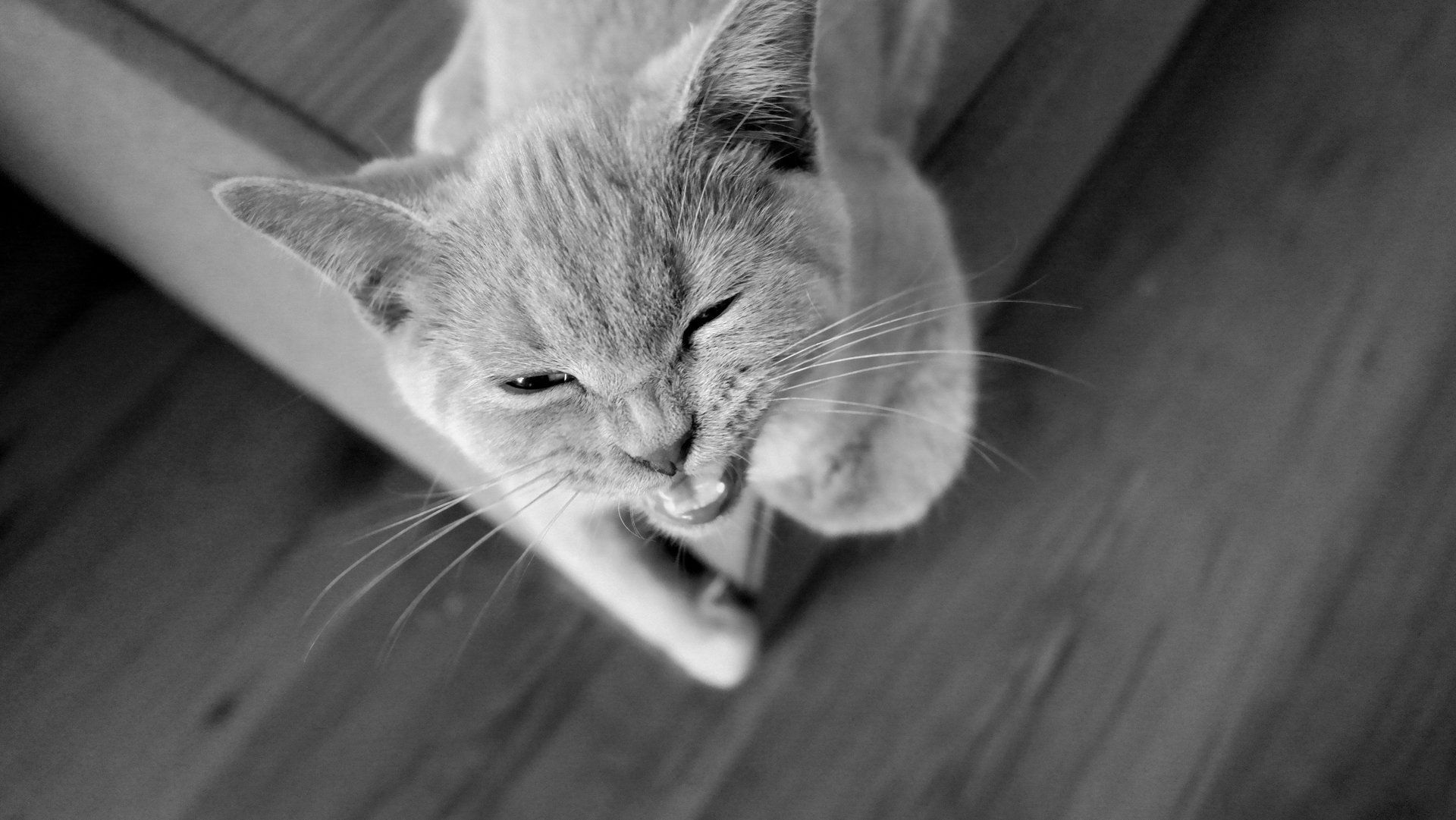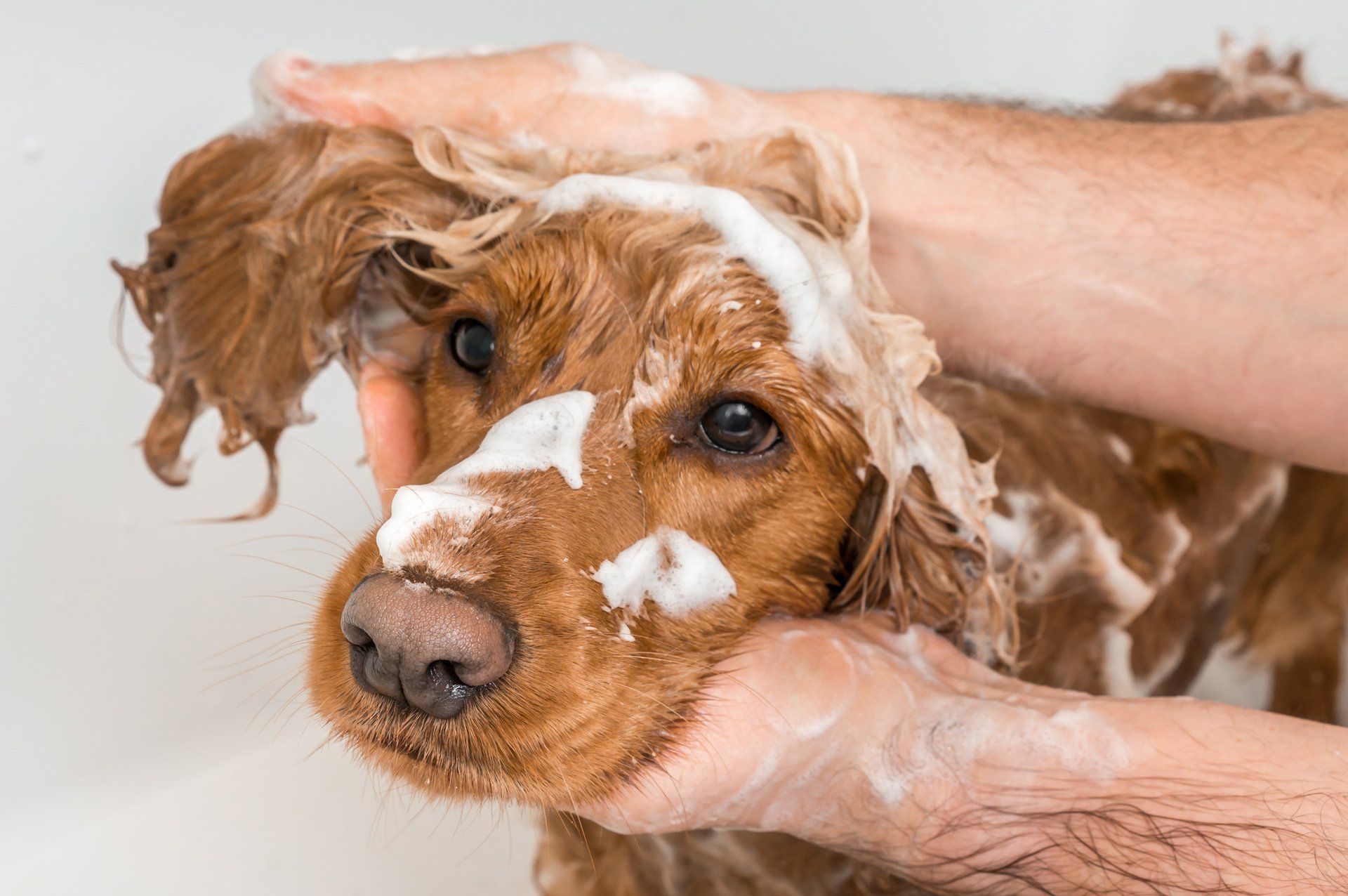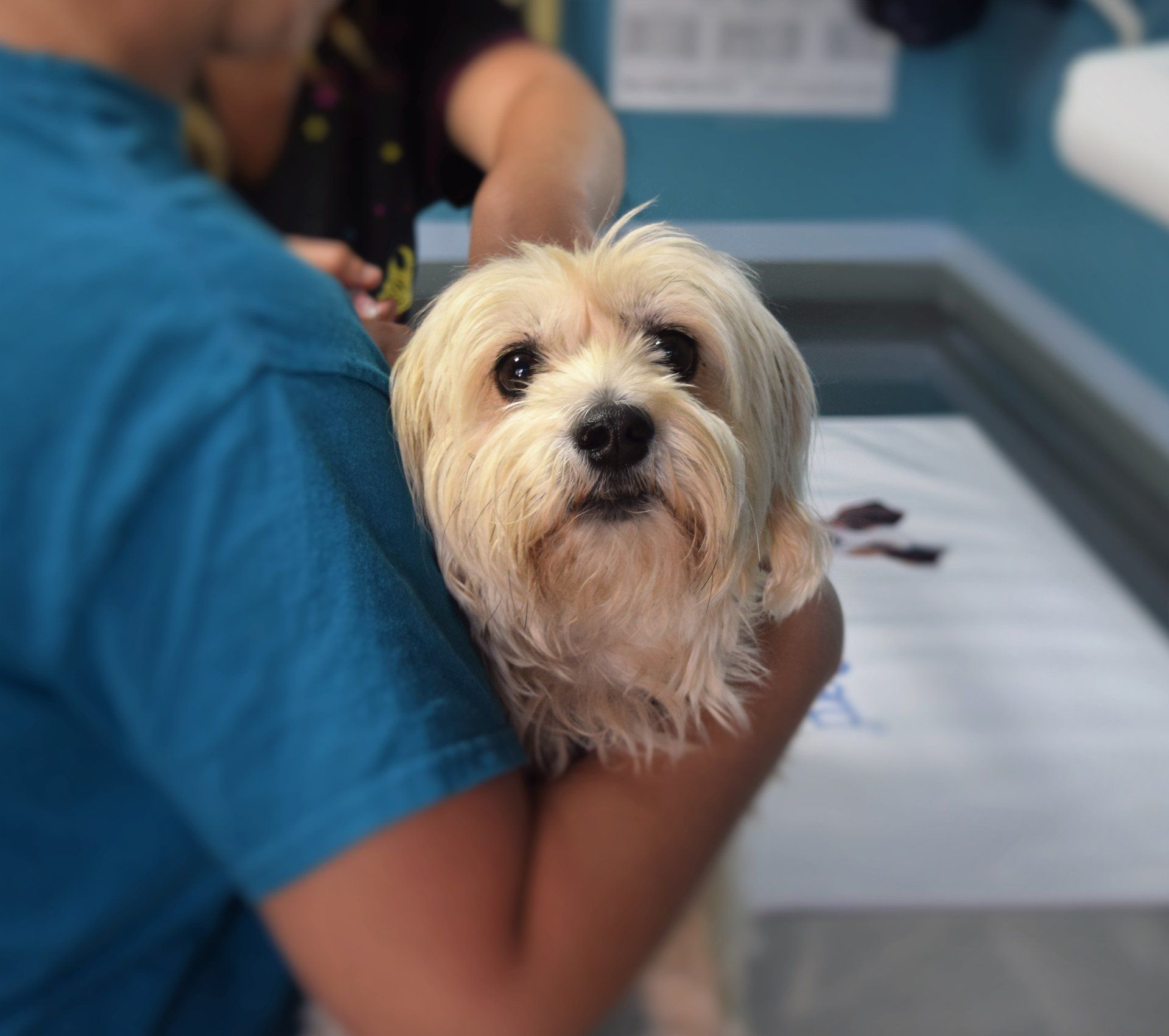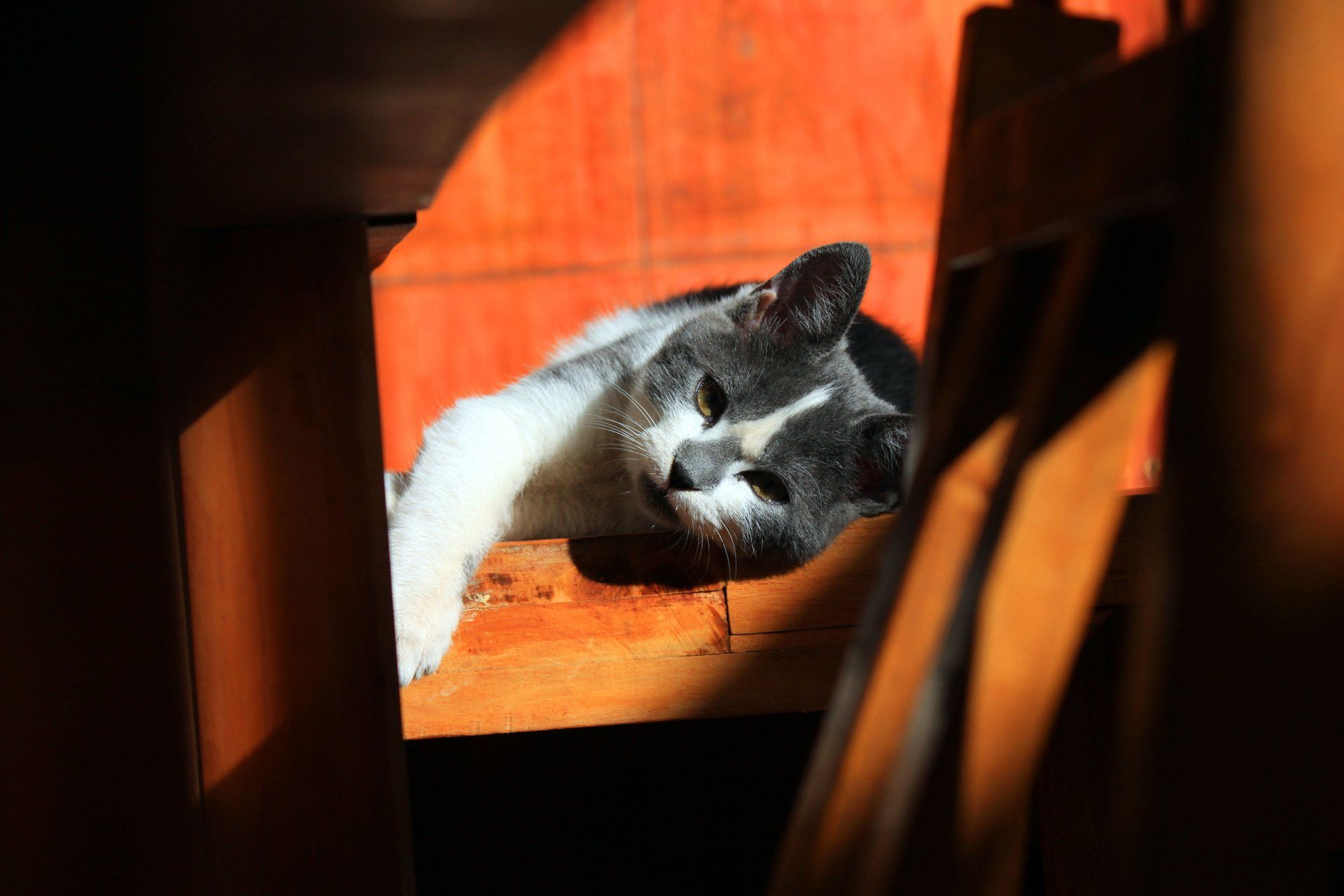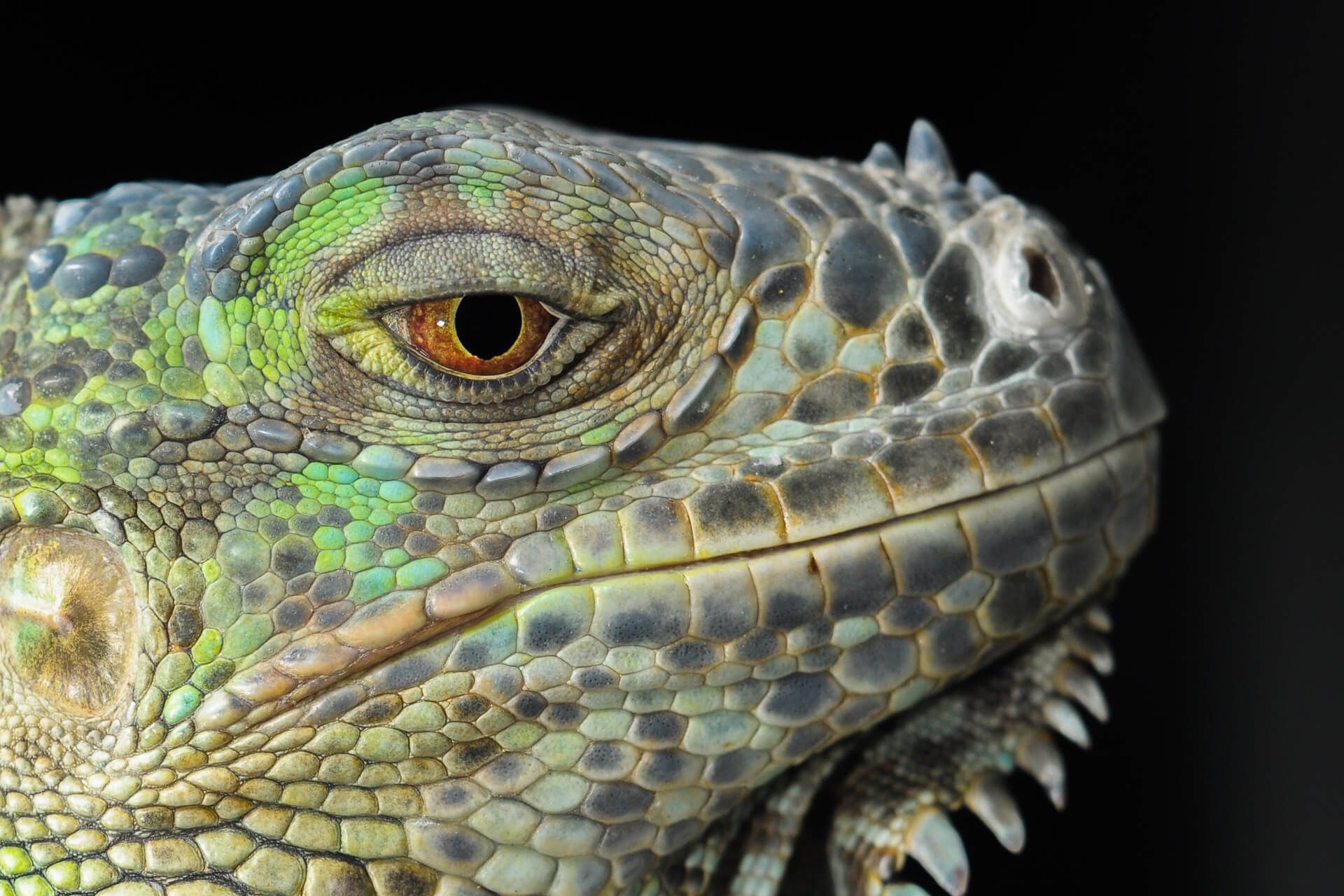Do cats cough?
Cats do cough but not as often as other animals. Retching or gagging is often confused with a cough. A cough is an expiratory effort producing a sudden, noisy expulsion of air from the lungs. It is usually stimulated by an irritation or inflammation of the mucous membrane lining of the windpipe (trachea), bronchi or bronchioles in the lungs in an effort to expel some foreign material or accumulated inflammatory secretion or exudate. Bouts of coughing may end with a retch and even bringing up of stomach contents.
What causes cats to cough?
In cats, coughing is most often a sign of an inflammatory problem affecting the lower respiratory tract, especially some form of bronchitis. This inflammation will often be from infection particularly with viruses such as Feline Viral Rhinotracheitis or bacteria such as Bordetella. Parasitic worms may be responsible in a few cases. Allergies of various origins may also cause coughing. Cats can cough for a variety of other reasons, including the presence of foreign material within the airway (e.g. pieces of inhaled grass), or irritation from inhaled liquids or gases. Chest tumors (cancer) can occasionally cause coughing. Coughing is rarely associated with heart disease in cats.
Coughing can also be seen with upper respiratory tract disease when irritation or inflammation affects the larynx or trachea, or a disease in the nose that results in excessive secretions draining into the larynx and trachea, causing irritation and coughing.
When does a coughing cat need veterinary attention?
It is normal for all cats to cough occasionally, and provided that the cat is maintaining good health and the cough is not productive (not resulting in the production of phlegm or sputum), veterinary attention is not indicated. However, if the cough persists for more than a few days, is severe, productive, or if the cat appears sick and losing weight, you should consult your veterinarian.
How is the cause of a cat’s cough diagnosed?
Because most cases of coughing are associated with other signs of respiratory infection, an intensive initial work up may not be required.However, if the cough is severe or if it has been present for some time, then further investigation may be needed. Careful recollection by the owner of the onset of the problem and its progression, any changes in the environment, or any other signs of illness in the cat, will be important. The clinical work-up may include blood tests, laboratory cultures of a wash sample from the lower respiratory tract, endoscopic examination and radiography. The cat may be given a sedative for some of these procedures.
How will the cough be treated?
Treatment depends on the diagnosis. Symptomatic treatment with decongestant medicines may be helpful in mild cases. In the case of viral with secondary bacterial infection or primary bacterial infection, antibiotics will likely provide rapid improvement. Do not stop the treatment once the cat seems better. Complete the medication as prescribed otherwise the infection may return and be more difficult to treat.
If the coughing is a more chronic problem (i.e. has been present for one to two months), there may be permanent damage to the mucous membrane surfaces such that they are not capable of healing. In these cases, infections may be recurrent. Targeted supplements that improve mucous membrane repair or act as immune stimulants may be helpful. Anti-inflammatory drugs may be used to suppress the inflammation particularly if there is an allergic basis and the allergen cannot be found and removed from the cat’s environment. In the case of certain types of cancer, chemotherapy may be an option.
Call Wells Branch Pet and Bird Clinic at (512) 339-8472 to have your cat checked.
Republished by Blog Post Promoter
Thank you for reading our article – Coughing in Cats
Research More About Animal Health Here


